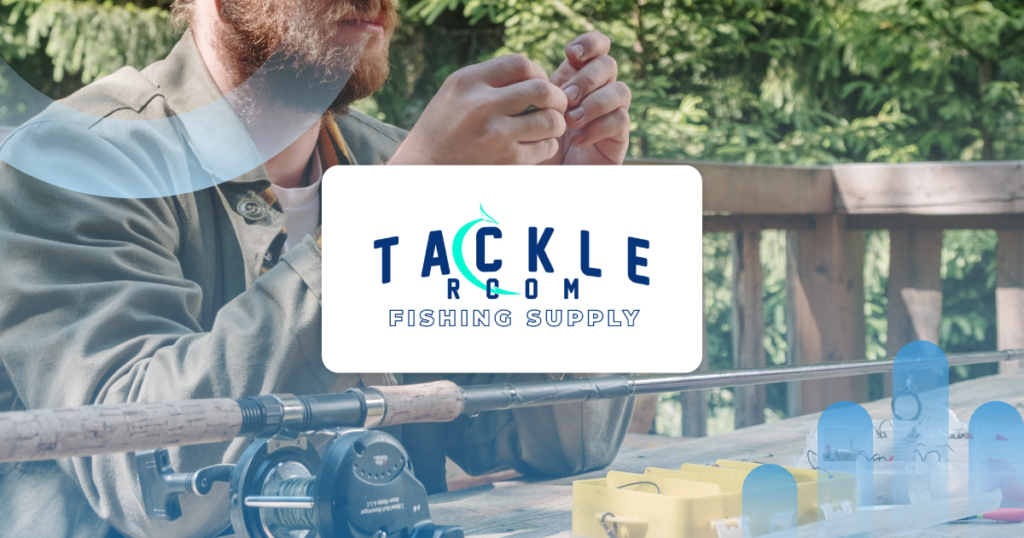The Saadia Group is a wholesale, retail, and manufacturing distributor of more than 40 consumer products across various demographics. They’re a leader in acquiring and modernizing several legacy brands, including the first and oldest department store in the United States, Lord & Taylor.
Creating phoenixes from ashes
The Saadia Group oversees an impressive portfolio of brands, including New York & Company, Le Tote Fashion, Figure Fame Fashion, Olivia Miller, Chic Home, and XRAY Jeans. The company prides itself in its ability to spot chains with huge potential but a less-than-ideal ecommerce offering and turn them into fully-fledged digital collectives. Ravi Raparla, Vice President of Digital Products, says, “The right website can take a flailing brand and transform it into a phoenix rising from the ashes.”
The secret to Saadia’s success, according to Ravi, is the company’s strong collective focus on customer service, excellence, and a commitment to uninterrupted service delivery, even during times of rapid change. While this ethos is admirable, a Chief Information Officer (CIO) would say it’s easier said than done. If those CIOs were to take a look at what Saadia Group planned to do in the span of a few months, they would say it’s impossible.
Taking Lord & Taylor into 2021
Lord & Taylor is one of the most iconic American brands with a rich 195-year history. Founded by immigrants, it was the first-ever department store in the United States, and its flagship Fifth Avenue store has kept its doors open for more than a century. Unfortunately, the luxury store had a generic website that limited its online footprint. Its failure to digitize led to a significant change of hands. It was first sold to Federated Department Stores (Macy’s) in 2005 and then to NRDC Equity Partners in 2006, who positioned Lord & Taylor under Hudson’s Bay Company in 2008.
In 2018, Lord & Taylor was part of a cybersecurity attack against Hudson’s Bay Company, which compromised the personal information of Lord & Taylor shoppers. Le Tote acquired the company in 2019, but the Covid-19 pandemic caused the retail store to collapse, and it ultimately filed for Chapter 11 bankruptcy protection in April 2020 and began liquidating its stores.
When it seemed as though the company had reached the end of its nearly 200-year-long history, the Saadia Group stepped in to, as Founder Jack Saadia put it, “continue the rich legacy of the brand in a progressive way.” They planned to take Lord & Taylor from a centuries-old retail store with no online presence whatsoever to an enviable ecommerce brand . . . in four months.
The challenge
Saadia Group took on a significant challenge. Their vision was to create a platform that would evolve as customer needs and expectations did, with fresh assortments, collaborations, and limitless digital aisles. Moreover, they announced that this ambitious site would be up and running by April 2021, mere months after the acquisition. This vision was no small feat considering that the brand had no digital presence. They had discontinued their social media pages and were undergoing considerable disruption because of the change of ownership.
When speaking about the digital transformation process, Ravi Raparla stated, “We don’t just follow the herd; we lead.” He continued, “We don’t automatically acquire the expensive enterprise-level solutions that everyone is using. We question everything. We interrogate the features and look for out-of-the-box thinking that resonates with us. We also look for businesses that understand ecommerce and retail and take them on as our vendors — not just the obvious choice.”
The Saadia Group built the entire website on Shopify Plus, a fully hosted enterprise ecommerce platform aimed at high-growth companies. Many of Saadia Group’s businesses use Shopify Plus as it has been proven to be a more flexible, customizable technology that suits their ever-evolving sites.
Using Shopify Plus, Saadia Group launched its new Lord & Taylor ecommerce site in 120 days, with 2.14 million visitors.
But according to Ravi Raparla, speed-to-market is never their primary concern. Instead, the company ensures that they build on data security and backups.
The importance of a fallback mechanism
According to Ravi Raparla, every ecommerce business is built on a foundation of trust and data security. While regulatory requirements like the General Data Protection Regulation (GDPR), The California Consumer Privacy Act (CCPA), and Payment Card Industry Data Security Standard Compliance (PCI) are crucial in data protection, so are backups.
The team working on the new Lord & Taylor ecommerce store were rapidly adding over 2000 products to the site, hiring new staff, changing the brand, and expanding their operations at lightning speed. These rapid changes could easily lead to unintentional data losses that could completely derail their progress. While the Saadia Group was evolving Lord & Taylor, many of their other brands were also shifting and adapting to market conditions — all of which required a backup solution.
Having a robust backup solution in place has numerous benefits:
Security
When IT systems multiply and integrate over time (during acquisitions or corporate changes), the number of potential threats increases. Maintaining a backup and recovery solution protects and saves data.
Ease of management
Restoring lost data is stressful and time-sensitive, especially for ecommerce businesses that process large volumes of orders every day. Speedy restoration of data reduces this downtime and ensures business continuity.
Disaster proof
A team within the Saadia Group has often had to restore data and relook at previous code versions to check for changes or edits. When there’s a recent backup, it serves as a reference point to work from, making the whole process faster and more manageable.
Cost savings
Good backup and recovery software solutions reduce workforce overheads. There’s no need for a six-figure-salary engineer to restore lost data — the recovery software solution does the heavy lifting with the click of a few buttons.
One of the Saadia Group’s priorities is to have a solid backup solution to prevent disruptions to customers during their shopping experience. The best way to ensure that shoppers have a positive, uninterrupted experience is to have their website data backed up and accessible.
Enter Rewind
When Shopify heard that Saadia Group was looking for a backup solution for Shopify Plus, they immediately recommended Rewind. Rewind is the leading provider of cloud backups for numerous software-as-a-service (SaaS) applications so that businesses can back up and restore their crucial data.
Ravi Raparla stressed to his employees how critical it was to have a fall-back mechanism and disaster management in place. Saadia Group signed up with Rewind in record speed.
Fortunately, Saadi has never had to complete a fully-fledged restore, but they’ve restored some troubleshooting files for Aquatalia during its development. It is comforting to have a fall-back mechanism and three months’ worth of data at your disposal when you need it.
He concludes, “Rewind is a pretty critical component of our ecosystem in Shopify Plus.”
Key learnings
- Rapid changes and growth can increase your risk of a data loss event. Data losses impact business continuity, which trickles down to the customer level. Backing up your data isn’t just important from an IT and customer service perspective.
- Companies can apply backups in several ways. While it’s essential to have a backup solution to protect the company against data loss events, it’s also a valuable point of reference during the development process.
- The Saadia Group views data backup as a critical component of regulatory compliance and data security.



